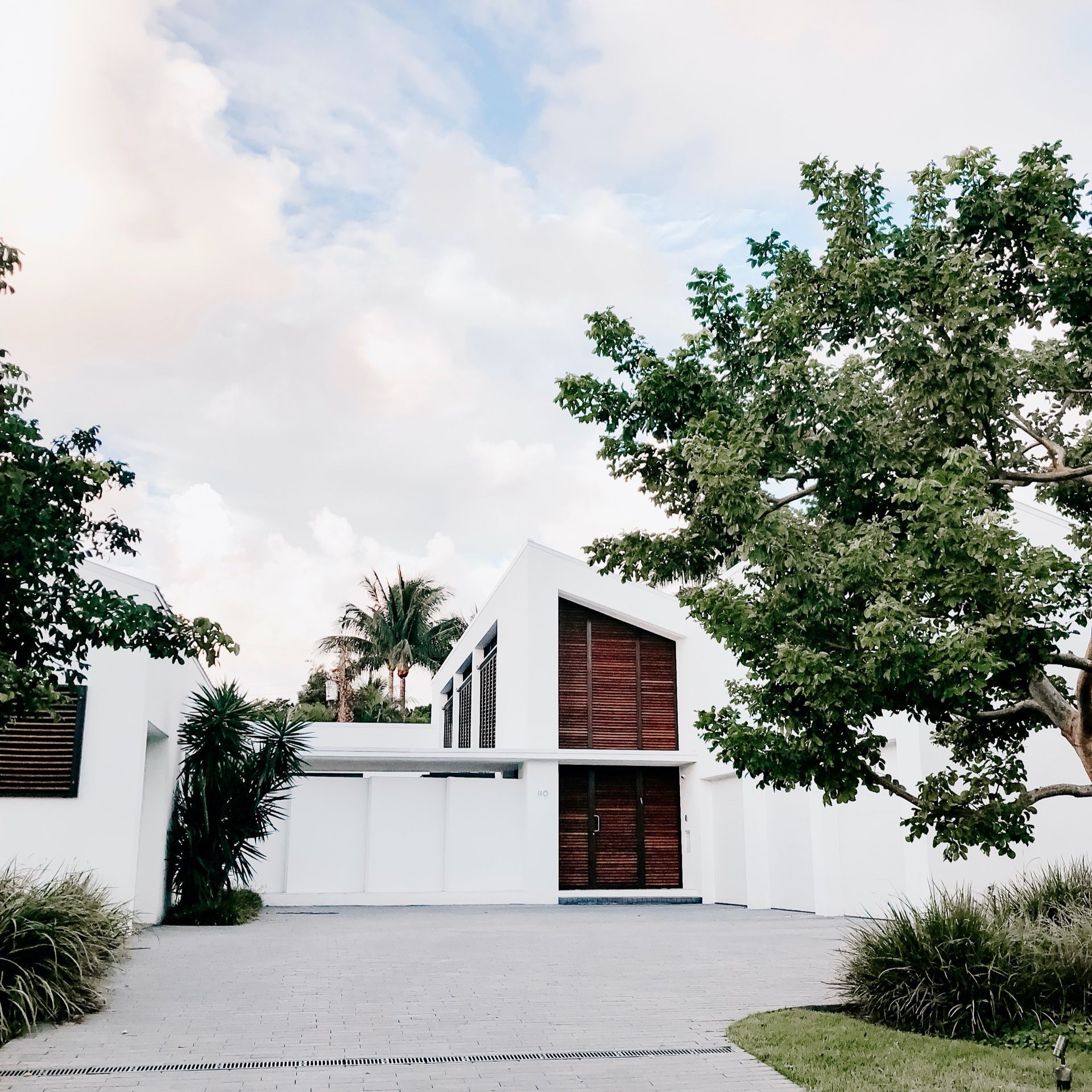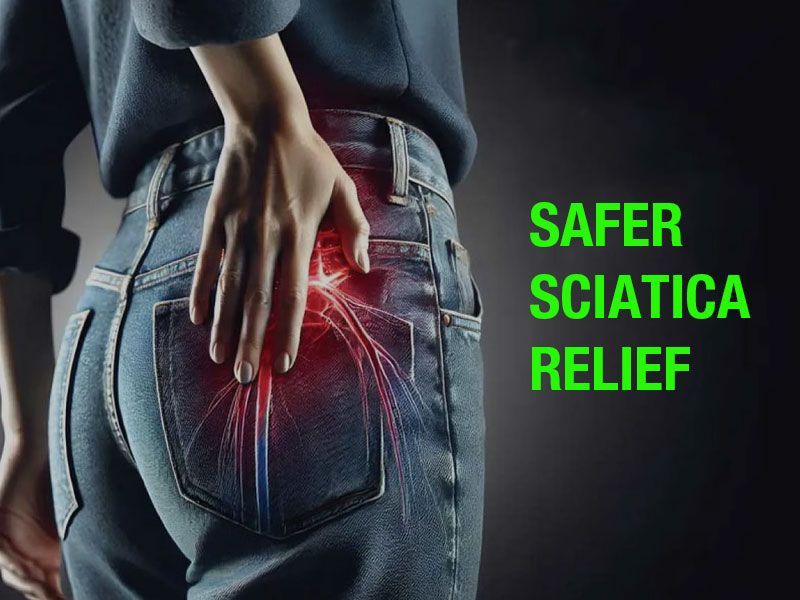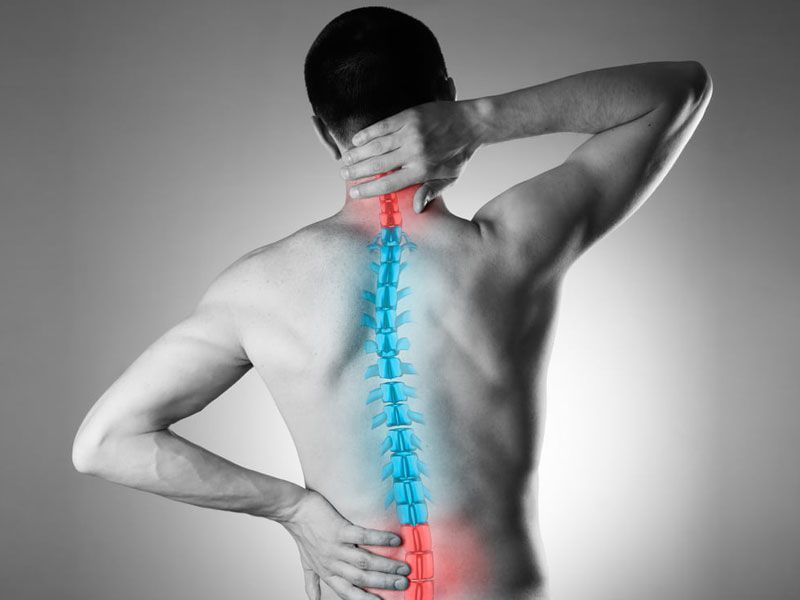How PEMF Therapy Supports Pain Relief, Recovery & Wellness
Discover how pulsed electromagnetic field therapy (PEMF) works, the evidence behind its effectiveness, and how Dr. Brenda Dukes, DC, uses it to help patients recover naturally.
As more people seek non-invasive, drug-free solutions for pain, fatigue, and recovery, PEMF (Pulsed Electromagnetic Field) therapy is gaining traction in chiropractic and integrative health circles. When applied properly, PEMF can support cellular function, reduce inflammation, accelerate recovery, and help patients experience better comfort and mobility. In this article, we’ll explore the science behind PEMF, real benefits observed in clinical settings, and how Dr. Brenda Dukes integrates it into her practice to help Plant City patients heal more effectively.
What Is PEMF Therapy & How It Works
PEMF therapy delivers pulsed electromagnetic fields (at specific frequencies, intensities, and durations) that penetrate tissues. These fields can induce small electric currents in cells and influence ion exchange, cellular signaling, and membrane potential.
At a basic level, PEMF can:
- Support microcirculation (blood flow at the microvascular level)
- Promote cell repair and regeneration
- Modulate inflammatory pathways
- Enhance oxygenation and nutrient delivery to tissues
Because it is non-thermal and non-invasive, PEMF is often tolerated well with minimal side effects when used properly under supervision.
Proven Benefits: What the Research Shows
While PEMF remains an evolving area of study, the body of research supports several beneficial outcomes in musculoskeletal and pain-related conditions:
1. Pain Reduction & Improved Function in Low Back Pain
A 2023 systematic review of nine randomized controlled trials (420 participants) found that in patients with non-specific low back pain, PEMF therapy added to conventional interventions resulted in statistically significant pain reduction and improved physical function in 5 of the 9 studies (p < 0.05) compared to control groups.
2. Relief in Osteoarthritis / Joint Pain
In patients with knee osteoarthritis, pooled data from multiple trials showed average decreases in pain (measured by VAS) of 60% and improvements in WOMAC (a composite measure of joint function) by 42%.
One randomized, double-blind, placebo-controlled trial (60 knee OA patients) showed that daily PEMF (12 hours per day for 1 month) significantly reduced pain and improved joint function.
3. Faster Muscle Recovery & Reduced Soreness
A recent sports-medicine study found that applying PEMF for 10 minutes post-exercise reduced delayed-onset muscle soreness (DOMS), increased muscle activation frequency, and shortened the electromechanical delay (i.e. quicker muscle response) compared to control.
4. Analgesic Effects & Medication Reduction
In a clinical trial comparing PEMF to standard-of-care (SOC) treatment, the PEMF arm achieved a 36% average reduction in pain over 14 days (versus 10% in the SOC group). Moreover, medication use dropped by 55% in the PEMF group compared to only 12% in SOC.
The incidence of adverse events was very low: only 3.3% across both groups (tingling or discomfort in wrap fit) — no serious events were reported.
5. Bone Healing, Wound Repair & Regeneration
PEMF has been FDA-cleared in certain applications (e.g. bone non-unions, spinal fusion adjuncts), and several studies suggest it can enhance bone repair and wound healing.
One integrative review highlighted that PEMF stimulates vascularization, perfusion, and cellular repair pathways in wound environments.
Dr. Brenda Dukes’ Perspective: A Real-World Experience
“Over the past five years, I’ve seen PEMF therapy transform outcomes for patients with chronic back pain, shoulder injuries, and even post-surgical recovery. One patient who’d struggled with lingering sciatica for years improved 70% in pain within three weeks of combining adjustments with PEMF. For me, it’s become a powerful tool in our toolkit—safe, non-pharmacologic, and often faster than alternative modalities.”
— Dr. Brenda Dukes, DC
Dr. Dukes emphasizes that PEMF is not a magic bullet but is most effective when integrated into a comprehensive care plan: chiropractic adjustment, soft-tissue work, rehab exercises, nutrition, and proper lifestyle support.
Who Can Benefit & What Conditions PEMF Helps With
While protocols vary and not all conditions have conclusive evidence, PEMF is often used to treat:
- Low back pain
- Neck pain
- Osteoarthritis (knees, hips, hands)
- Tendinopathies (e.g. rotator cuff, Achilles)
- Post-surgical recovery
- Muscle soreness / sports recovery
- Bone healing / fracture nonunion
- Wound healing / soft tissue regeneration
Because dosing (frequency, intensity, duration) is not yet standardized across all conditions, individual evaluation and protocols matter.
What to Expect with PEMF Treatment
- Assessment & Contraindications Check
We review health history (e.g. implanted devices, metallic implants, pacemakers) and ensure PEMF is safe for that patient. - Customized Protocol
Based on condition and goals, we set parameters (e.g. duration, frequency, intensity, coil placement). - Concurrent Care
PEMF is used alongside chiropractic adjustments, manual therapy, therapeutic exercises, or rehabilitative modalities. - Monitoring & Adjustment
Progress is tracked via pain scales, function tests, and patient feedback. Protocols are refined over time.
Patients often report subtle changes within days (improved energy, less stiffness) and more significant relief over weeks.
PEMF Therapy Caveats, Limitations & What Science Still Needs
- Not all trials show superiority over placebo therapy. In one chronic non-specific neck pain study, PEMF did not outperform placebo therapy when added to conventional physical therapy. PMC
- The diversity in PEMF devices, frequencies, intensities, and treatment durations makes cross-study comparison difficult.
- More high-quality, large-scale clinical trials are needed to standardize protocols and better define which patient groups benefit most.
In short: while PEMF is promising, it must be applied thoughtfully and not regarded as a universal cure-all.
Is PEMF Therapy Right for You?
PEMF therapy offers a scientifically supported, non-invasive approach to pain reduction, enhanced recovery, and regenerative support. In the hands of a skilled clinician like Dr. Brenda Dukes, it becomes a potent complement to chiropractic care—helping patients recover faster, with fewer medications and lower risk.
If you live in Plant City or nearby and are exploring non-pharmacologic options for chronic pain, recovery, or mobility improvement, schedule a consultation today. We’ll evaluate whether PEMF is right for your condition and build a personalized pathway to wellness.
















